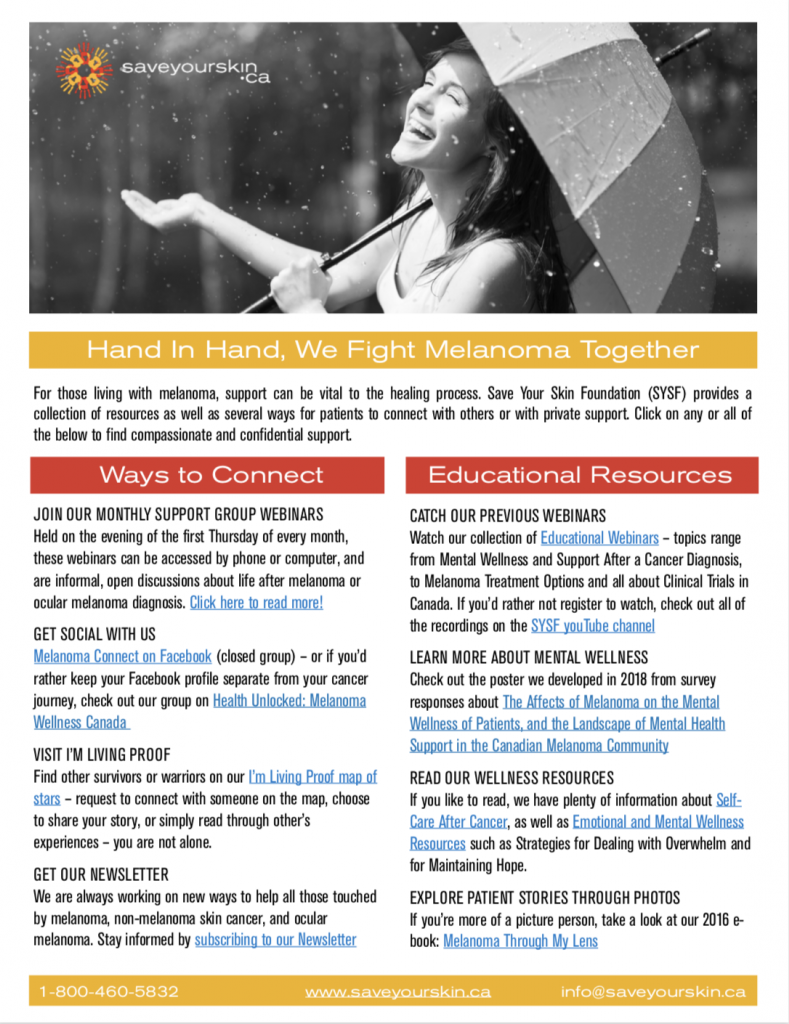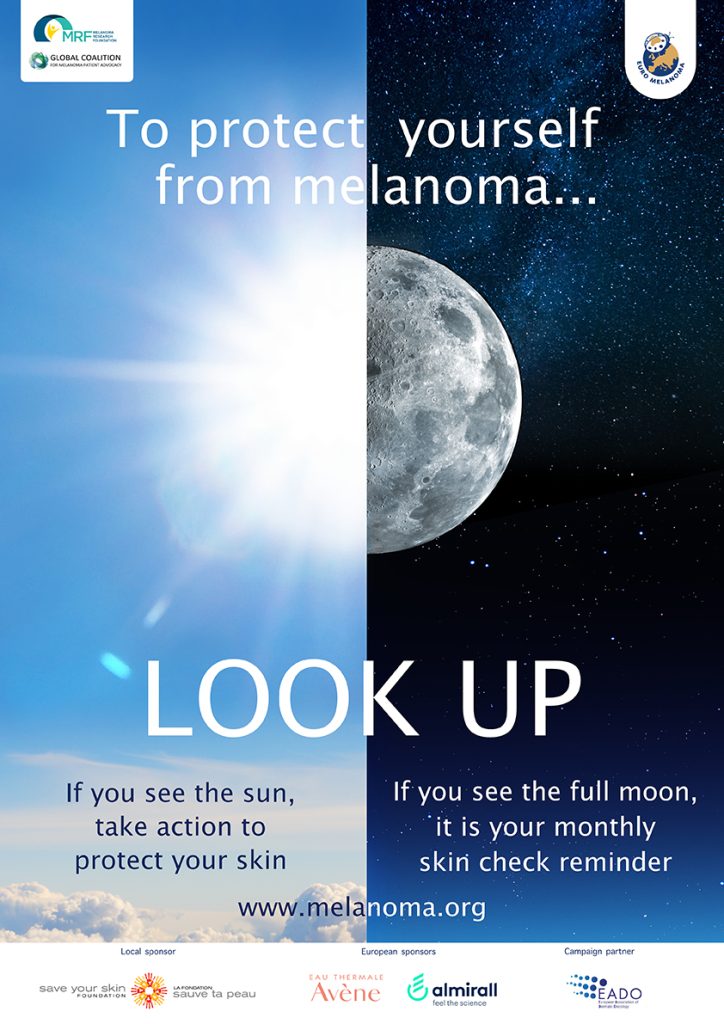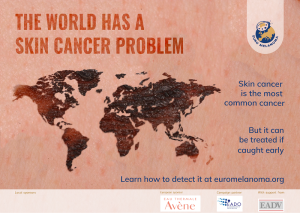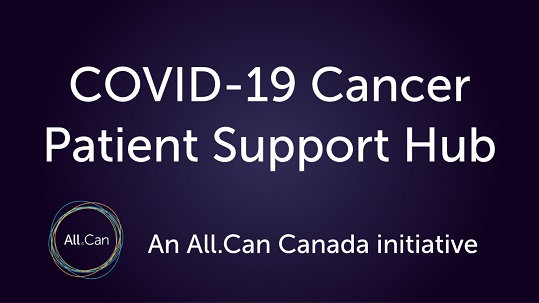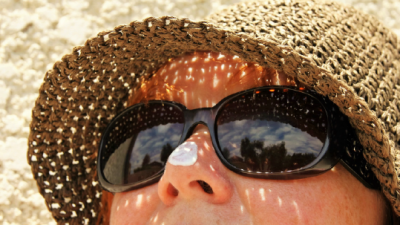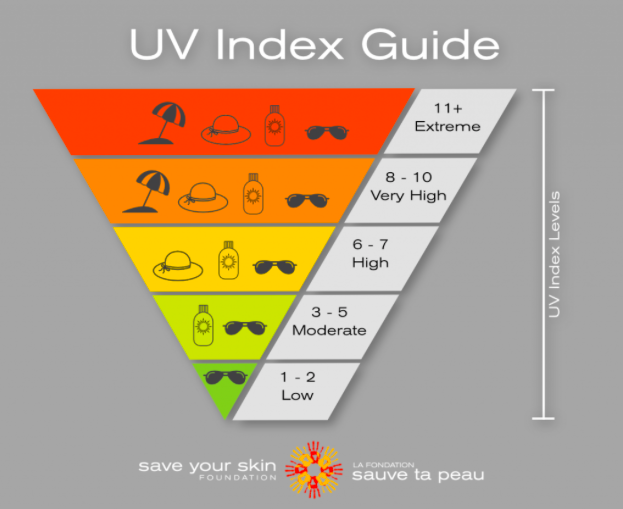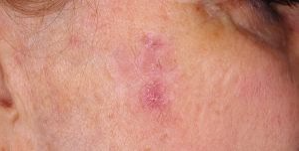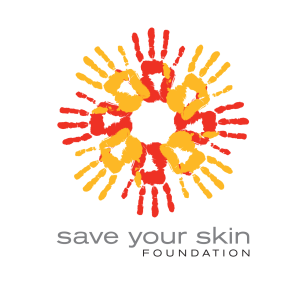From April 9th, 2020— April 27th, 2020, Save Your Skin Foundation ran a patient survey titled “Impact of COVID-19 pandemic on Canadian melanoma, ocular melanoma, and non-melanoma skin cancer patients.” The survey consisted of 21 questions, which ranged between multiple choice, multi-selection, and write-in, and participants had the option to skip any question. The goal of the survey was to assess the impact that the COVID-19 pandemic has had on the medical, social, and financial security of melanoma, non-melanoma skin cancer, and ocular melanoma patients.
To read the full report of the survey, click here.
Here are some of the key findings of the survey:
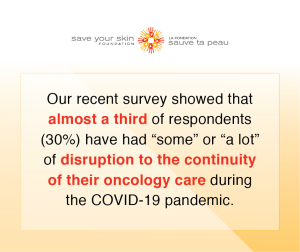
→ A third of respondents (32%) reported having difficulty accessing ‘other’ care during the COVID-19 pandemic.
→ Similarly, a third of respondents (34%) reported having no issue with their continuity of oncology care during the COVID-19 pandemic.
→ Just over a third of respondents (36%) said they have had no issues in receiving their scheduled drug therapy or treatment during the COVID-19 pandemic.
→ Two thirds (67%) or respondents reported having, or being offered, telephone or videoconference appointments with a health professional since February 2020. Just over half (52%) or respondents stated they found these types of appointments to be a suitable substitution for their regular appointments, while 17% felt they were not an appropriate substitution.
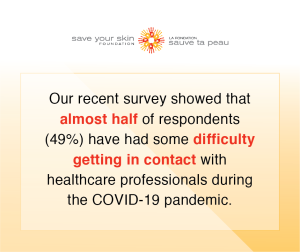
→ One in five respondents (20%) reported having some issues receiving drug therapy or treatment prescribed by their oncologist during the COVID-19 pandemic, with a further 4% reporting they have had ‘a lot’ of issues receiving this care. The types of care being affected ranged from routine appointments, prescription drugs, drug trials and scheduled treatments or procedures.
→ Only 4% of respondents reported having no trust in their healthcare team to provide appropriate care and treatment to them during the COVID-19 pandemic.
→ Nine out of ten respondents (87%) reported an increase in their anxiety levels, ranging from “somewhat” (53%) to “a lot” (33%).
→ More than half or respondents (56%) expressed fear that they or others they know are more at risk for COVID-19 due to being immunocompromised.
→ Half (49%) are experiencing anxiety, fear, stress or overwhelm for themselves or others.
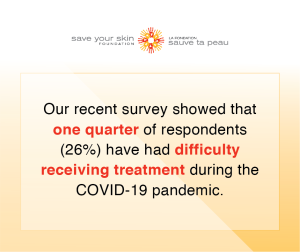
→ A third (31%) are experiencing loneliness or isolation.
→ Nearly a third (29%) are experiencing frustration or anger.
→ Nearly half of respondents (45%) reported experiencing difficulty accessing information related to COVID-19.
→ Nearly half (43%) reported experiencing difficulty attending appointments or seeking necessary healthcare because of fear of exposure to COVID-19.
→ Half of respondents (47%) reported having some level of difficulty accessing food and/or food delivery during COVID-19.
→ The majority of respondents (76%) reported having no trouble accessing transportation during COVID-19.
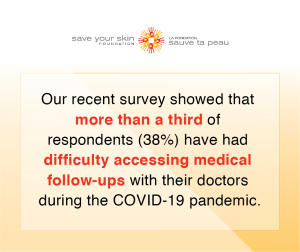
→ Eight out of ten respondents (80%) reported having difficulty keeping in touch with their friends and family during the pandemic, of which, 16% reporting having “a lot” of difficulty.
→ French-speaking respondents reported a much higher percentage of postponed surgeries relative to English-speaking respondents.
→ French-speaking respondents reported very little current difficulties reaching their healthcare professionals when taking the survey, but reported an extremely high feeling that there would be future disruptions in their care.
In Conclusion
The results of this survey suggests that cancer patients across Canada are experiencing the same COVID-related social and financial anxiety as others. However, they also have the added stress of navigating an already complex medical system in this time, having treatments rescheduled and appointments online, and being higher risk. It is imperative that we keep in mind segments of the population who are having particular difficulty at this time, and support them however we can.
That is why Save Your Skin Foundation created the COVID-19 Information Hub and partnered with several other organizations to launch a COVID-19 Oncology task force and to offer webinars to support melanoma patients during this crisis. As the support needed by melanoma and skin cancer patients continues to evolve in these fast changing times, we are committed to adapt our services and initiatives accordingly. We continue to work closely with melanoma patients and their families to ensure they have the support and resources they need to access the best specialists and treatments. The affects of COVID-19 have only confirmed our dedication to developing innovative national strategies and advocating for better access to new therapies and the prioritization of cancer funding.
For the COVID-19 pandemic, we recognized the need for research and development into vaccine and treatments, and the need for easy timely effective testing and contact tracing and have supported research into these and quick approval for access to them.
From that experience, it has become clear 1. That the already poor times to diagnosis and treatment for cancer patients have been exasperated by the pandemic, and 2. That the supposedly rigid rules about how clinical trials are done and getting drugs to people only after phase 3 trials are complete, are only discretionary for COVID-19 related treatments and vaccines, but both of these need to be addressed for cancer post-COVID.
Future pandemic planning MUST include cancer patient groups and must draw on what the actual implementation taught us. In the near future, we have a meeting with multi PAGs to have a preliminary discussion on these issues and how to move forward together to organize these issues.


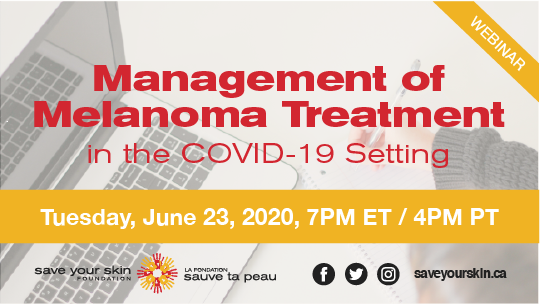
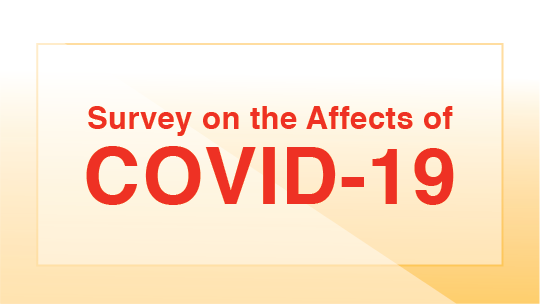




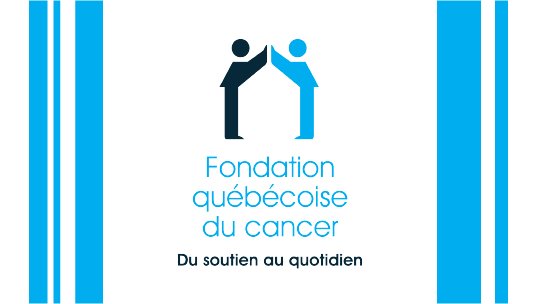

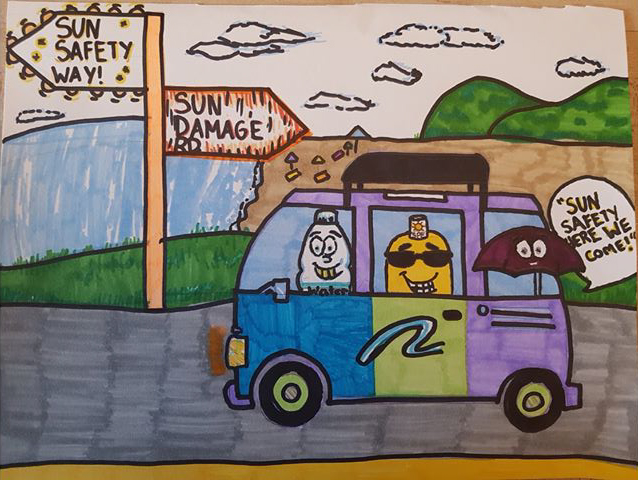
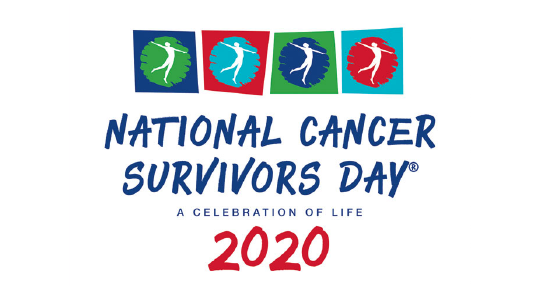



 More than half of Canadians (55%) either don’t know or incorrectly identified that small amounts of sun exposure without protection can lead to melanoma.
More than half of Canadians (55%) either don’t know or incorrectly identified that small amounts of sun exposure without protection can lead to melanoma.

